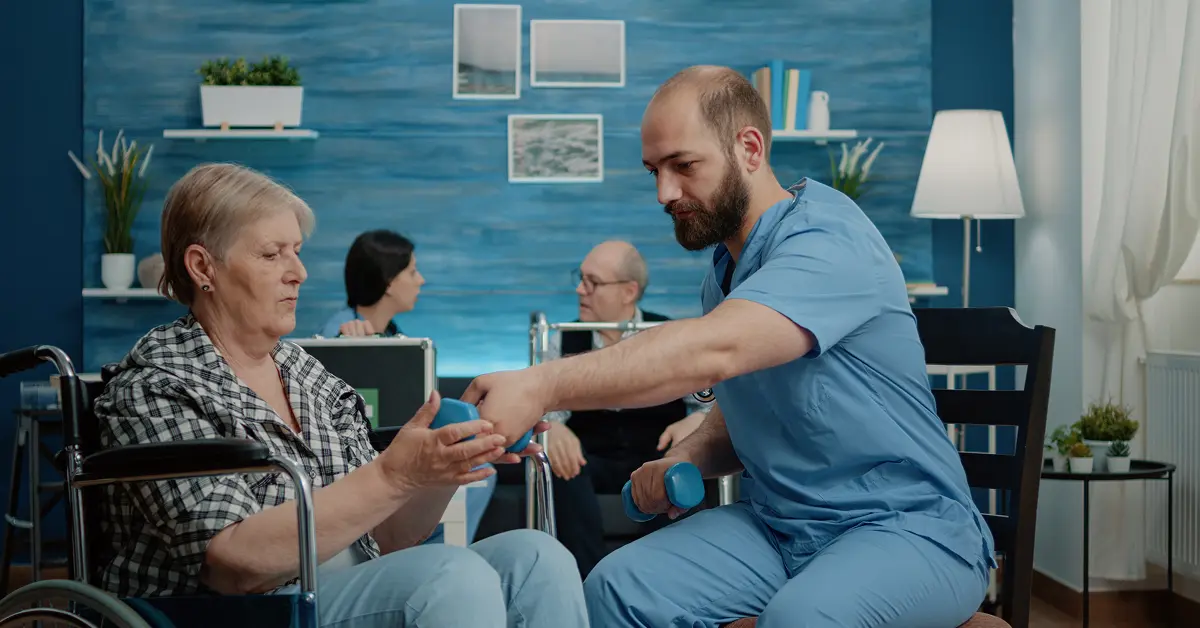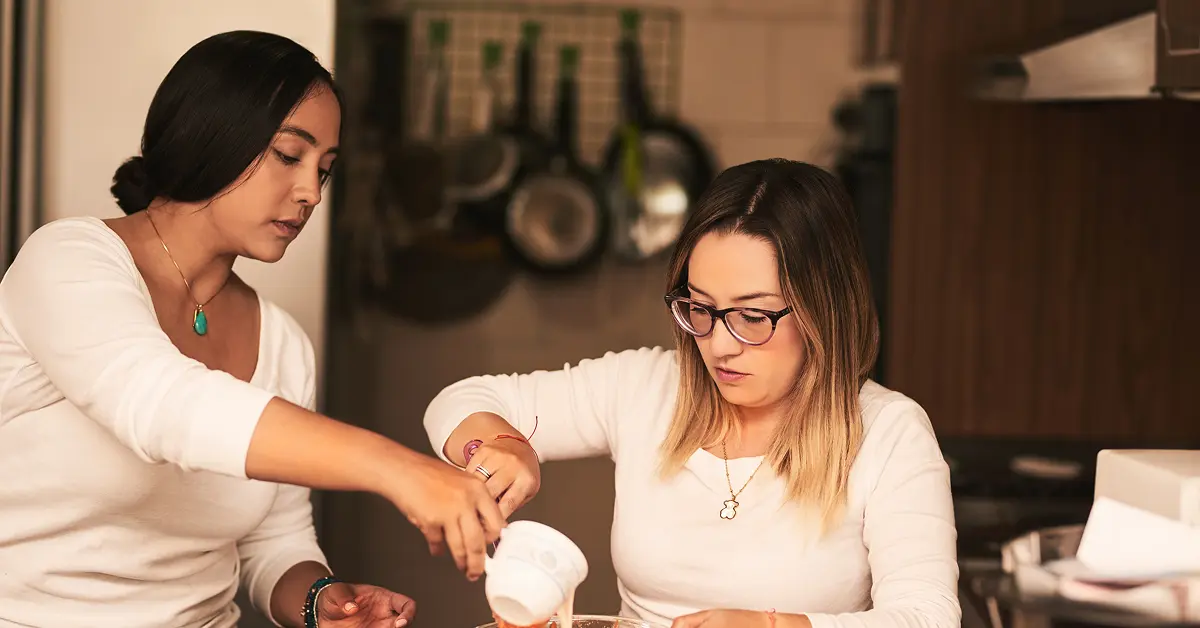Becoming a caregiver for someone living with a disability is a meaningful and rewarding role. In India, where family values and close-knit relationships are deeply rooted, caregiving often falls on relatives or close friends. However, more people are now choosing to become professional or trained caregivers to meet the growing demand for disability care.
Whether you’re planning to care for a loved one or start a caregiving career, this guide will help you understand the qualifications, responsibilities, training, and legal considerations involved in becoming a caregiver for someone with a disability in India.
Who Is a Caregiver?
A caregiver is someone who assists individuals who are unable to perform daily activities due to physical, mental, or developmental disabilities. Caregivers may help with bathing, dressing, mobility, medication, communication, emotional support, and even therapy exercises.
There are two broad types of caregivers:
- Informal Caregivers – Usually family members or friends providing unpaid care.
- Formal/Professional Caregivers – Trained individuals hired to provide care services.
Step-by-Step Guide to Becoming a Caregiver
Assess Your Motivation and Readiness
Caring for someone with a disability requires patience, compassion, and a high level of commitment. Before becoming a caregiver, ask yourself:
- Am I emotionally prepared for the challenges?
- Can I dedicate time consistently?
- Am I willing to learn about disabilities and healthcare needs?
Understand the Needs of the Person with Disability
Each person’s disability is different. Some common disabilities in India include:
- Physical impairments (e.g., paralysis, muscular dystrophy)
- Intellectual or developmental disabilities (e.g., autism, Down syndrome)
- Sensory impairments (e.g., blindness, deafness)
- Chronic conditions (e.g., cerebral palsy, multiple sclerosis)
Learn about the specific condition, symptoms, and daily challenges the individual faces. You can consult healthcare professionals or disability NGOs like NCPEDP, ADAPT, or National Trust for Welfare of Persons with Autism, Cerebral Palsy, Mental Retardation and Multiple Disabilities.
Gain Relevant Training or Certifications
While informal caregivers may not need a formal degree, some basic training is highly recommended. For professional caregivers, certifications enhance skills and employability.
Training Options in India:
- Caregiver training programs from NGOs like Caregiver Saathi, Neev, or Helpage India
- Nursing assistant certification from vocational institutions
- First Aid and CPR training
- Disability awareness courses offered by rehabilitation centres
Cost of training: ₹5,000 – ₹25,000, depending on course and institute
Training typically covers:
- Personal hygiene and mobility support
- Medication management
- Communication techniques
- Emergency response
- Legal and ethical caregiving practices
Know the Legal and Financial Aspects
If you’re a family caregiver, especially for government benefit purposes, you might need to become the legal guardian or obtain a Disability Certificate from a Government Medical Board.
Key legal aspects:
- Guardianship under the Rights of Persons with Disabilities (RPWD) Act, 2016
- Disability pension and government benefits
- Insurance schemes like Niramaya Health Insurance for persons with disabilities
- Financial support or tax benefits under Section 80DD/80U of Income Tax Act
If you are becoming a paid caregiver, draft a proper work contract mentioning:
- Duties and responsibilities
- Working hours
- Leave and rest days
- Salary and benefits
Average salary for caregivers in India: ₹10,000 – ₹25,000/month (varies by location and experience)
Develop Soft Skills for Effective Caregiving
Beyond technical skills, emotional intelligence is crucial. Caregivers must develop:
- Patience and empathy
- Listening skills
- Stress management
- Problem-solving ability
- Adaptability
Create a Safe and Accessible Environment
Work with healthcare professionals to modify the living space:
- Install grab bars and ramps
- Remove obstacles to prevent falls
- Ensure proper lighting
- Use adaptive tools for eating, dressing, and bathing
Join Support Networks
Caregiving can be isolating. Connecting with support groups and online communities can provide guidance, mental relief, and a sense of belonging.
Popular Indian support networks:
- Caregiver Saathi
- Parent support groups for autism or cerebral palsy
- Facebook groups like ‘Caregivers India’
Maintain Your Own Well-being
Caregiving burnout is real. To avoid mental and physical exhaustion:
- Take regular breaks
- Delegate tasks when possible
- Practice self-care: yoga, hobbies, therapy
- Get adequate sleep and nutrition
Final Thoughts
Becoming a caregiver for someone with a disability is a noble path that requires dedication, love, and a willingness to learn. In India, where the demand for skilled caregivers is increasing due to an aging population and rising disability awareness, this role is both essential and respected.
Whether you’re stepping in as a family member or pursuing a caregiving career, know that your service can transform lives — not only for the person you care for but for you as well.
Quick Checklist
| Requirement | Details |
|---|---|
| Basic Education | 10th or 12th pass (preferable) |
| Training | Caregiver certification, First Aid, Disability care |
| Soft Skills | Patience, communication, emotional resilience |
| Legal Knowledge | RPWD Act, Guardianship, Disability pension |
| Employment Mode | Informal (family) or Formal (paid) |
| Salary Range (Formal) | ₹10,000 to ₹25,000 per month |
| Support Resources | NGOs, WhatsApp groups, forums, local clinics |
If you’re ready to become a caregiver, start by learning about the person’s needs, pursue basic training, and connect with local disability organizations. Your role can bring dignity, independence, and compassion to someone’s life — and that is truly priceless.
Contents
Our 24*7 services
Latest Posts
- What Is Respite Care and Why Is It Important
- Affordable home care for senior citizens in India
- Caring for Seniors with Dementia or Alzheimer's at Home
- Senior Caregiving A Guide for Every Family
- How to Write a Caregiver Resume That Gets You Hired
- How Care After Hospital Discharge Speeds Up Recovery at Home
- How to Get Home Health Care for Seniors Through Medicare
- What Does a Senior Citizen Caregiver Really Do at Home
- How to Care for Elderly Parents with Alzheimer’s or Dementia
- How to Get 24-Hour Care for Seniors at Home



